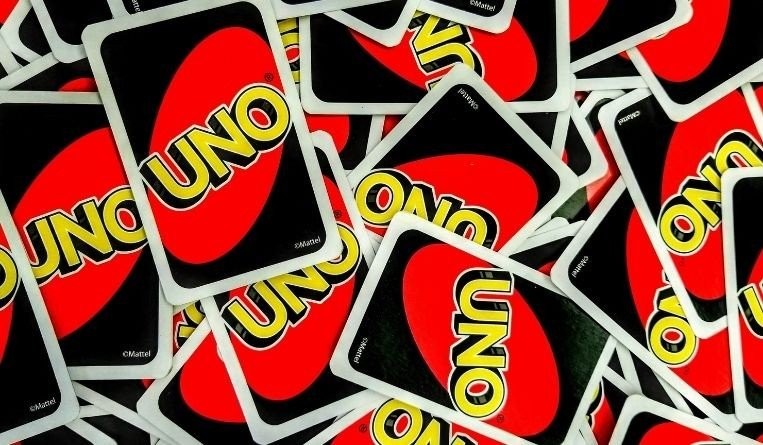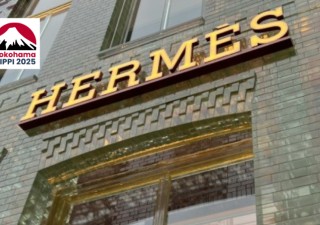China is one the world’s major manufacturing powerhouses, Liu says. “To protect IP and promote foreign trade relations, Chinese Customs are empowered by relevant laws to take active steps to stop suspected counterfeiting goods from being imported into as well as exported outside of China.”
Under the Regulation on Customs Protection of Intellectual Property Rights, in addition to taking enforcement actions upon receiving IP holder’s complaints, Chinese Customs also carry out ex officio inspection of imported and exported goods and would detain suspected counterfeit goods at border, he says. “The types of IP protected under the Regulation are trademark, copyright, patent and design, which is a type of patent in China, and the Regulation has provided a customs recordal system for IP holders to record their registered IPRs.”
In practice, the ex officio inspection is carried out based on the IPRs recorded with Customs, he adds. “According to our experience, the inspection mechanism has worked more effectively in identifying trademark counterfeit goods because counterfeit trademark goods can be more readily identified based on the customs recordals filed with the GAC. On the other hand, determination of infringement for patented goods requires a high level of expertise, and Customs usually would only take action upon receiving a complaint of the applicant with proofs of patent infringement.”
“We view that China already has a border control system to combat counterfeit exports, and the system is readily accessible to owners of registered IPRs of China,” he mentions. “In recent years, Customs have also focused on tackling counterfeit exports through e-commerce sales and postal delivery in addition to traditional export channels.”
“However, due to the sheer volume of international trade, Customs would require advanced technology and a high level of automation in order to identify suspected counterfeit products more efficiently without causing delays and disruptions to genuine exports,” he emphasizes. “Also, although Chinese Customs are the last gatekeeper before the goods leaving the country, we view that the problem of counterfeiting in China should be tackled at a countrywide scale, and counterfeit products should be stopped at the manufacturing source. The cost of IP infringement should be increased in order to deter infringing activities.”
Johnny Chan








